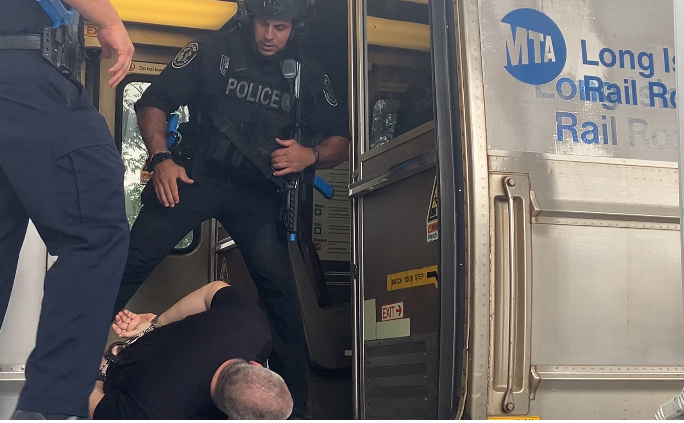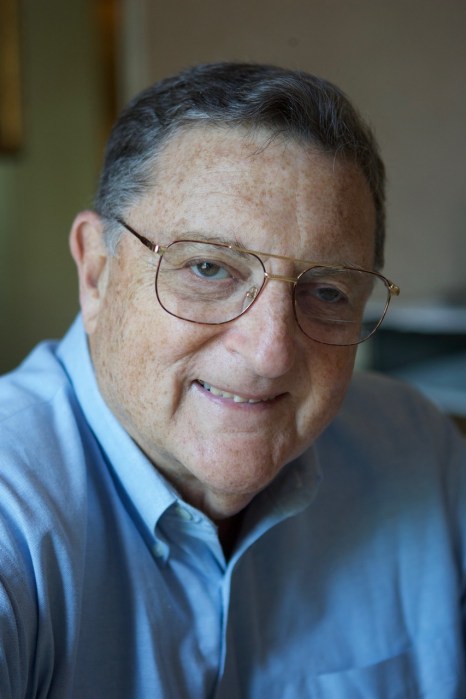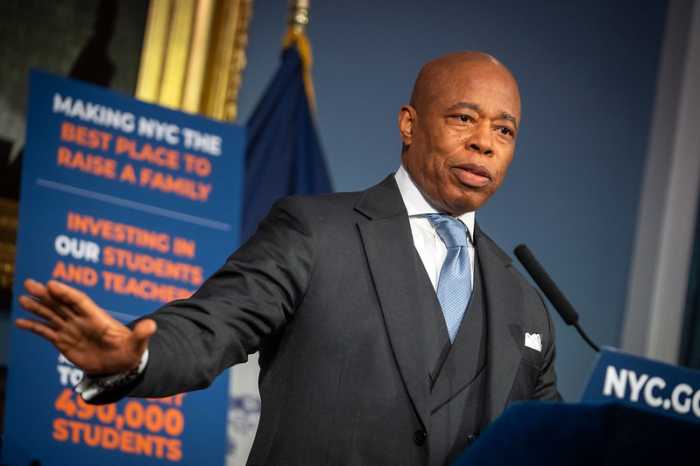The Nassau County Police Department officially opened its new training village located on the campus of Nassau Community College Sunday morning.
NCPD said it would welcome ICE to train at the facility if the agency asked. The department said it was open to state and federal law enforcement agencies using the training grounds.
Police Commissioner Patrick Ryder said the facility, a 150,000-square-foot training ground modeled after a Nassau County suburb complete with single-family houses, stores, an LIRR train station, sidewalks, a house of worship, a school building and a working gas station, would help officers better prepare to respond to emergency situations by simulating real-world conditions.
U.S. Attorney General Pam Bondi cut the ribbon on the roughly $12 million facility, which has been in the works for 17 years. She and County Executive Bruce Blakeman used the event to praise President Trump’s immigration policies, which have included an expansion of ICE and increased deportations, as they expressed support for the country’s law enforcement.
“[This facility] will ensure that officers are prepared for all the dangerous encounters that you face,” Bondi told the crowd of police officers. “We will do everything in our power to back the blue. This incredible facility will ensure that you have the tools and resources that you need.”

The NCPD’s training village joins over 80 similar open or planned real-world police training facilities across the country, like the NYPD operation in College Point, Queens, and the Atlanta Police Department’s in Georgia. These facilities have frequently been dubbed “cop cities” as they are miniature cities built just for police officer training.
The NCPD said it took “some inspiration” from other facilities around the country, but theirs was smaller in scale than most and has a different structure that meets the suburban department’s needs.
“If you want to police an environment, you need to understand that environment,” Ryder said, emphasizing that the training village models Nassau County’s villages. “This is downtown Nassau County…at the end of the day, it was really about what we saw for our community.”
Blakeman thanked the village’s private sponsors, including the Bolla Charity Foundation, Zeigler Silver Family Foundation, Harry Singh, Sean Acosta and Sheldon Maidenbaum, whose donations earned them having their names on the facility’s buildings.
Ryder said the facility’s training would focus on teaching de-escalation tactics while putting officers in high-intensity scenarios they may face, such as burglaries, active shooter and hostage situations.
“We’re teaching a cop not to shoot,” Ryder said. “If you get in a situation, use your taser, use your pepper spray, use your baton. Use your mouth. That’s the kind of environment we’re trying to embrace here.”
He said a double security fence surrounds the training facility, providing a barrier from the college campus, and that the facility would not disrupt students. Ryder added that there would be no live weapons or ammunition on the facility grounds.
The training facility is now operational.



































